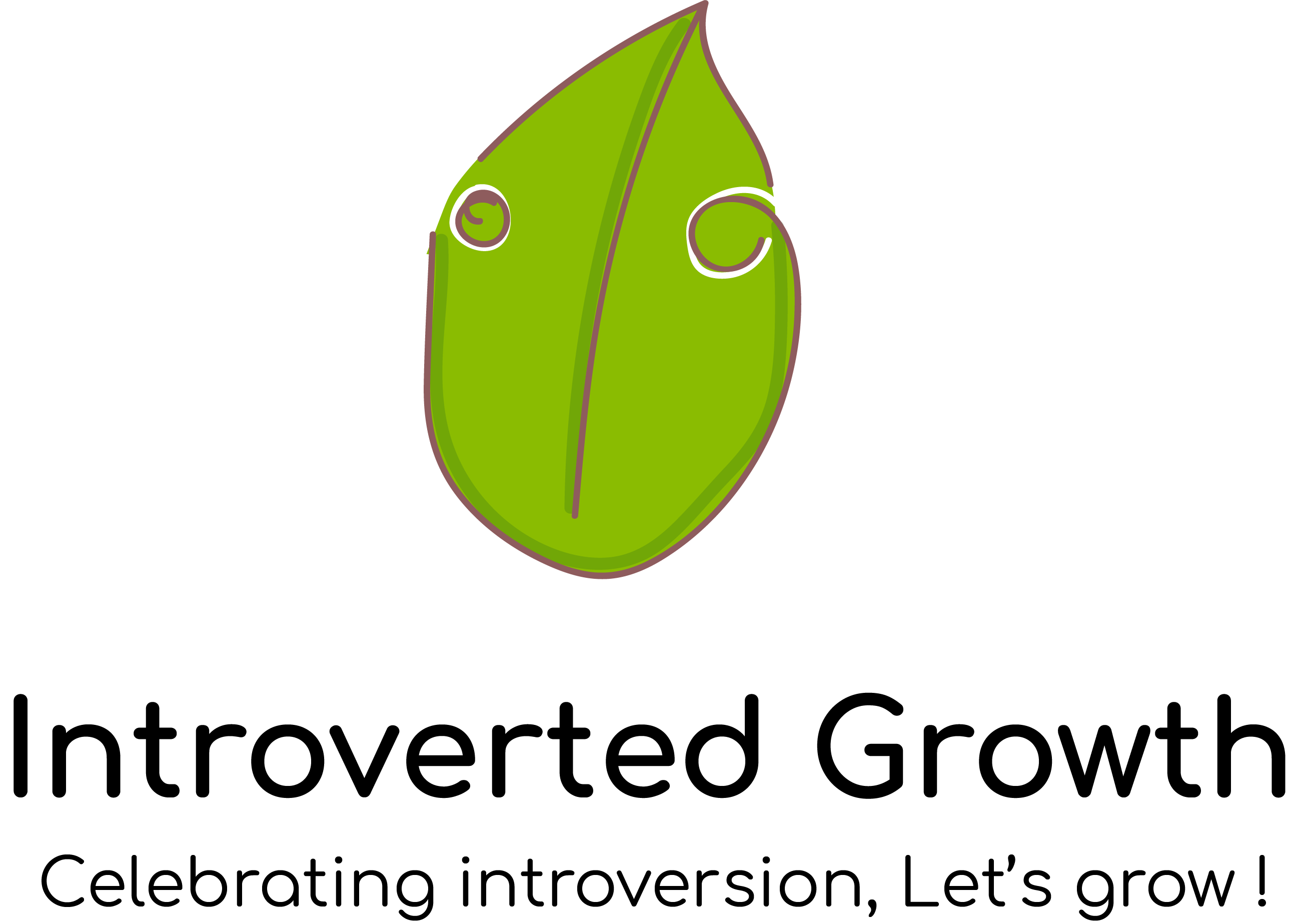INTPs are the analytical types. They tend to be, by their nature, more reserved and less emotional than other personality types.
This introverted thinking type is not naturally inclined to comfort or self-exploration feelings at a deep level. However, they can learn how to survive in an emotionally charged world with some effort and awareness of their strengths and weaknesses.
In this article, we’ll explore how INTPs deal with emotions and feelings, offer some tips on how they can better cope, and comfort themselves when needed.
The INTP Personality Type
First, let’s understand a little bit about the INTP personality type. People with the INTP personality type are introverted, meaning they prefer to spend time alone or in small groups rather than in large crowds. They are thinkers, preferring to use their minds rather than their emotions when dealing with the world around them. They are also objective, preferring to deal with facts and reality rather than subjective emotions.
INTPs are not naturally in tune with their feelings and emotions. They may have a difficult time identifying and expressing their feelings, and they may not even be aware of them most of the time. This can be a challenge in an emotionally charged world, where feelings and emotions are often the driving force.
How INTPs Deal with Emotions
INTPs deal with emotions in a few different ways.
- First, they may try to ignore their feelings altogether. This is often the first line of defense for INTPs, as they may not even be aware of their emotions until they are presented with them in a very direct way. This can lead to problems down the road, as ignoring emotions can cause them to build up and become overwhelming.
- Second, INTPs may intellectualize their emotions. This means that they will approach their emotions from a logical standpoint, looking at them as if they were just another problem to be solved. They may try to find a way to logically “fix” their emotions, or they may try to understand them in a more objective way.
- Third, INTPs may detach themselves emotionally from their feelings. This means that they may not feel as emotionally attached to their feelings as other people might. They may view their emotions more objectively, without getting caught up in the emotion itself. This can be helpful in some situations, but it can also lead to a lack of empathy or understanding for others.
4 Tips for INTPs Dealing with Emotions
There are a few things that INTPs can do to better deal with their emotions.
-
Be Aware of Your Feelings
First, it’s important to be aware of your emotions. You can’t deal with something if you’re not even aware of it. Try to take a moment each day to check in with yourself and see how you’re feeling. This can be as simple as taking a few deep breaths and asking yourself how you’re doing.
-
Don’t intellectualize them
Second, don’t try to intellectualize your emotions. This can be tempting, but it’s important to remember that emotions are not just another problem to be solved. Emotions are complex and nuanced, and they deserve to be respected as such. Try to approach your emotions with empathy and understanding, rather than a need to fix them.
-
Just Feel Them
Third, it’s okay to feel your emotions. It’s important to remember that emotions are normal and natural, and there’s nothing wrong with feeling them. Emotions are a part of who you are, and they make you human. Try to allow yourself to feel your emotions, without judgment or criticism.
-
Now Try to Express Them
Fourth, express your emotions in a healthy way. It’s important to find a healthy outlet for your emotions, whether that’s talking to a friend, writing in a journal, or spending time in nature. Expressing your emotions in a healthy way can help you to understand and accept them.
-
If You’re Struggling, Seek Professionals
Finally, seek professional help if you’re struggling to deal with your emotions. If you’re finding it difficult to cope with your emotions, don’t be afraid to seek professional help. A therapist or counselor can help you to understand and manage your emotions in a healthy way.
FAQs
Can INTP show emotions?
INTPs can certainly show emotions, but they may not be as in tune with their emotions as other personality types. This can lead to a struggle to express emotions, or even to identify them in the first place.
Can INTP be Empaths?
Empaths are people who are highly sensitive to the emotions of others. INTPs may not be as attuned to the emotions of others as Empaths, but they can certainly be compassionate and understanding.
Do INTPs have feelings?
INTPs do have feelings, but they may not be as in touch with their emotions as other people. This can lead to a struggle to understand and express emotions.
How do INTPs deal with emotions?
INTPs may deal with emotions by ignoring them, intellectualizing them, or detaching themselves emotionally from their feelings. This can lead to problems if emotions are not dealt with in a healthy way.
How do you cheer up an INTP?
When it comes to comforting an INTP, it’s important to be understanding and accepting of their emotions. Don’t try to fix their emotions or make them feel better, simply let them know that you’re there for them. You can also offer them a healthy outlet for their emotions, such as talking to a friend or writing in a journal. Finally, if the INTP is struggling to cope with their emotions, encourage them to seek professional help.
CONCLUSION
INTPs deal with emotions in a variety of ways, some of which can be unhealthy. However, there are things that INTPs can do to better deal with their emotions. These include being aware of their emotions, approaching them with empathy and understanding, expressing them in a healthy way, and seeking professional help if needed.
I really hope you found this article helpful! If you did and you want to support our mission to create awareness for personality types, consider sharing this article with your friends and leave us some feedback! You can also check my other articles about this interesting personality type here






